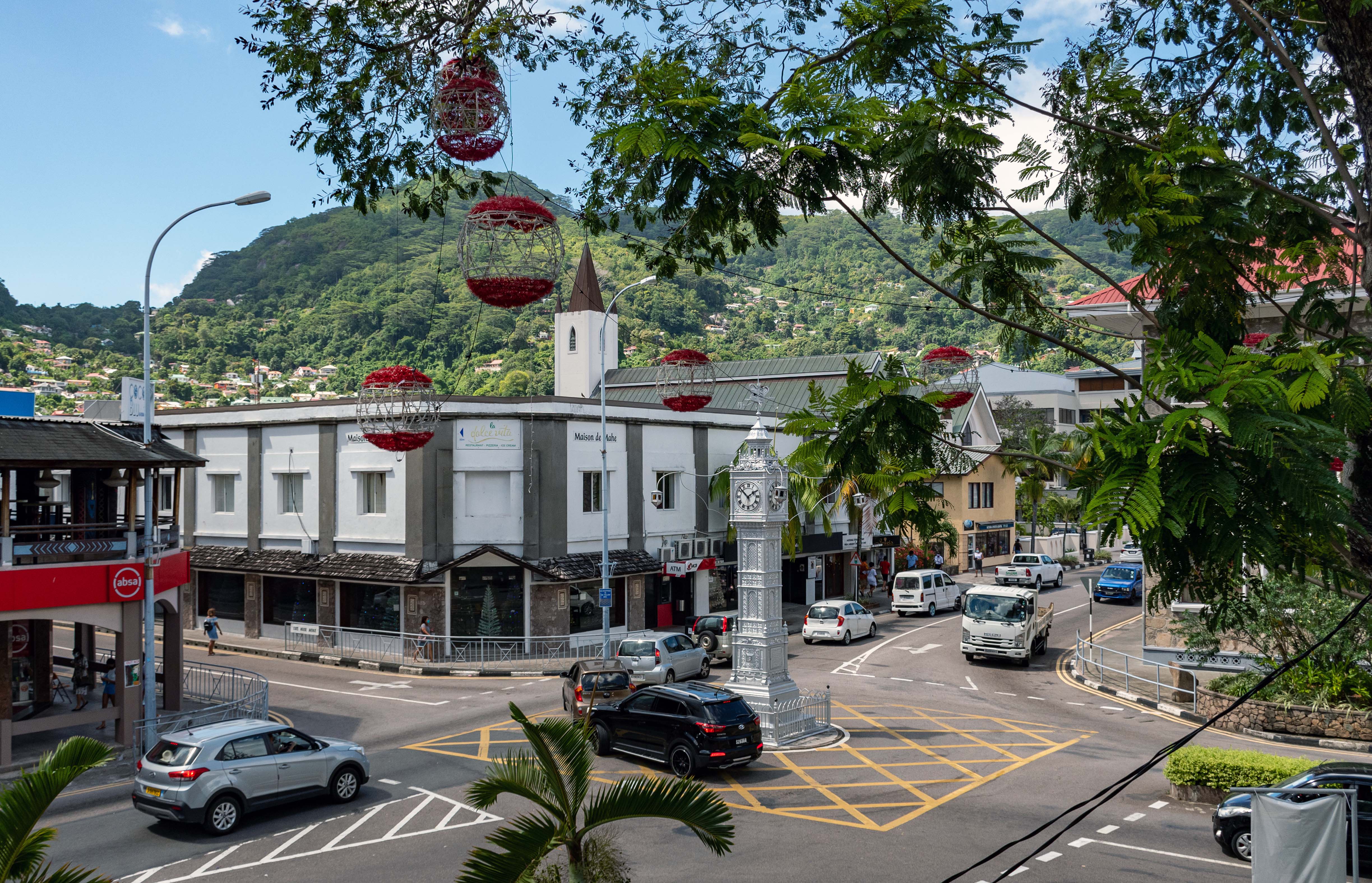The INFF mechanism details the full range of available financing, whether domestic or international, public or private.
INFFs: A Blueprint for Bridging the Development Finance Gap in SIDS
May 24, 2024

In 2023, the United Nations Development Programme (UNDP) supported the Government of Seychelles to complete a Development Finance Assessment (DFA).
According to UNDP’s The State of Climate Ambition: Snapshot for Small Island Developing States (SIDS), between 1970 and 2020, SIDS lost approximately USD $153 billion due to weather, climate and water-related hazards. Islands like the Seychelles already grapple with challenges linked to scale, geographic remoteness, a narrow export base rendering them vulnerable to exogenous economic, social, and environmental shocks and crises. Faced with debt sustainability concerns, an ever-shrinking fiscal space and dwindling access to official development assistance and climate finance, the question is: how can SIDS bridge the development finance gap and truly prosper, now and beyond?
INFFs – a pivotal roadmap for resilient prosperity
An Integrated National Financing Framework (INFF) can provide a roadmap for financing national development priorities, including the Nationally Determined Contributions (NDCs) towards achieving the SDGs. With national governments in the lead, the INFF process facilitates insight into readily available financing, identifies risks and structural constraints to guide strategic reform.
The INFF mechanism details the full range of available financing, whether domestic or international, public, or private. INFFs can also strengthen national planning mechanisms to increase capital investment, manage risks and explore innovative financing solutions to overcome structural barriers to achieving the 2030 agenda. With provision for monitoring and review, the process also promotes greater accountability.

Five Key Lessons: The case of the Seychelles
In 2023, the United Nations Development Programme (UNDP) supported the Government of Seychelles to complete a Development Finance Assessment (DFA). The DFA is the first step in the INFF process towards the development of a National Integrated Financing Strategy. The report highlights the need to expand local and international private sector investment in the national development priorities; recommends the establishment of a national Private Sector Engagement Strategy to facilitate structured dialogue with the sector; and the strengthening of the Public-Private Partnership (PPP) Unit. Such initiatives complement existing efforts to mobilize private sector capital, including legislation to encourage private sector investment and the design of the SDG Investor Map.
A reflection on the DFA process in the Seychelles highlights five key lessons to promote ownership, coherence, and integration towards a robust INFF.
1. Promote ownership through nationally led and inclusive processes: The inception phase of INFF development is of paramount importance requiring foresight and long-term considerations. An inclusive and participatory process is, therefore, key to ensuring that the right stakeholders come together to optimize assessments, add value, and avoid duplication.
2. Multidisciplinary analytics can better inform planning: Risk assessments that go beyond economic analysis to include climate change impact and multi-hazard disasters, are important to identify areas of investment in infrastructure, and basic services that can drive sustainable development and economic growth.
3. Integration into National Planning Mechanisms increases ownership: The INFF process is most impactful when embedded within a country’s existing planning and financing policy systems and the institutions that manage them. Integration with the public financial management (PFM) process, and linkages made to the broader national development priorities outlined in national development strategy documents, NDCs, disaster risk reduction strategies and climate change adaptation plans increases coherence and ownership.
4. INFFs can serve as a blueprint for innovative finance: In 2018, the Seychelles the Blue Economy Debt For Nature swap converted US$21.6 million of national debt in exchange for government commitment to safeguard 30 per cent of its Exclusive Economic Zone through Marine Protected Areas. The current INFF process can further advance innovation in non-traditional sources of financing, including blended finance mechanisms or green finance initiatives that align with a government’s conservation efforts to protect natural resources.
5. Promote coherence and efficiency through integration with existing initiatives: Leveraging existing partnerships and ensuring coherence with ongoing capacity-building initiatives for INFF development and implementation is crucial. Peer-to-peer exchanges and learning enabled through south-south cooperation mechanisms also offer valuable insight into “lessons learnt” and facilitate more robust INFF development in SIDS.

The Seychelles DFA notes the importance of current efforts through the national Fintech Strategy to strengthen digital finance by streamlining business operations and improving tracking and management of development finances. The report also notes the ongoing implementation of the Seychelles Revenue Commission’s strategic plan, and the national efforts to design a diaspora policy.
Other complementary initiatives include the UNDP partnership with the Government of Seychelles to strengthen domestic resource mobilization efforts. The UNDP Tax For SDGs project supported the development of a Country Engagement Plan and provided for technical advisory support to the Seychelles Revenue Commission to address revenue leakages, tax avoidance, IFFs and undertake digitalization of the commission. Plans are also underway to support development of SDG-aligned taxation policy.
INFFs are necessary and invaluable mechanisms to secure a prosperous and resilient future for SIDS. By strategically aligning financing mechanisms with national development priorities, SIDS can catalyze sustainable growth. As SIDS increasingly prioritize investments in critical sectors like renewable energy and consider innovative green finance mechanisms such as nature performance bonds, that future is within reach.

 Locations
Locations